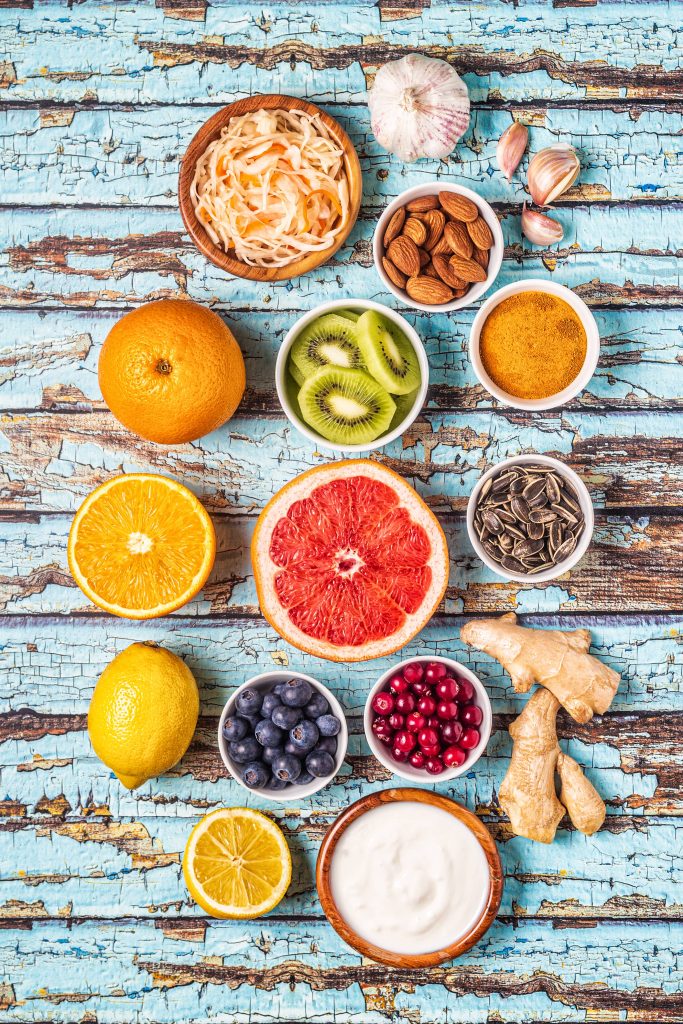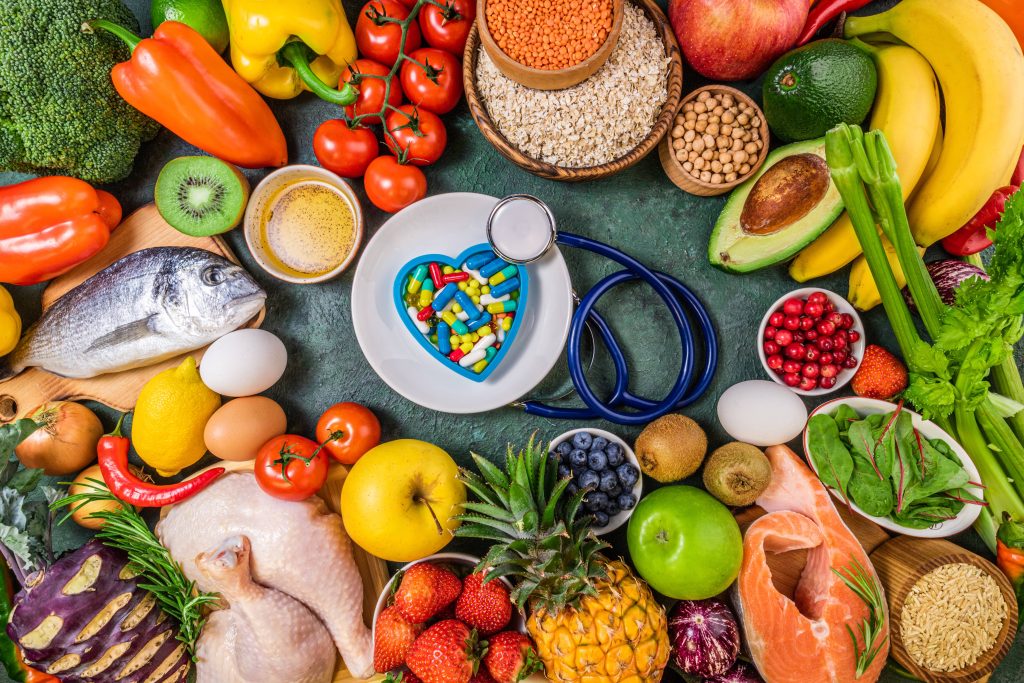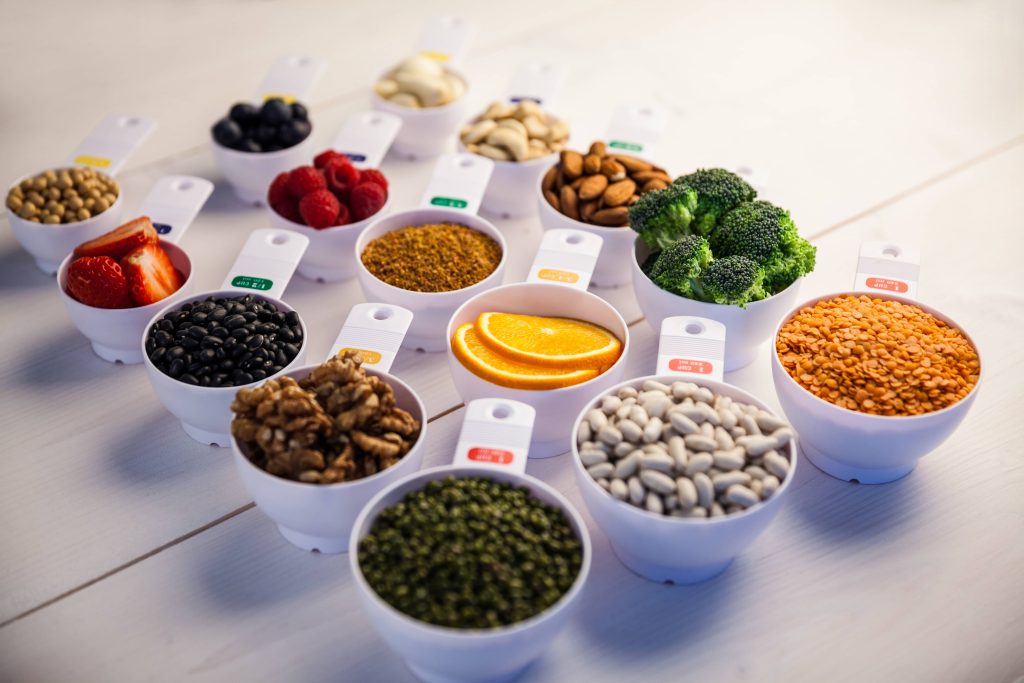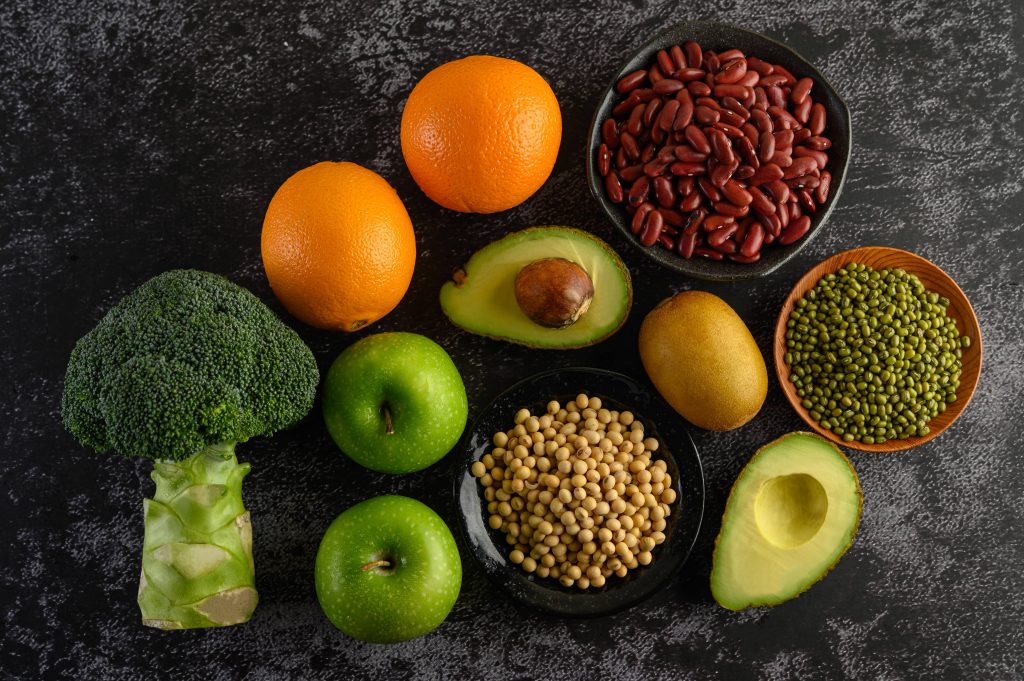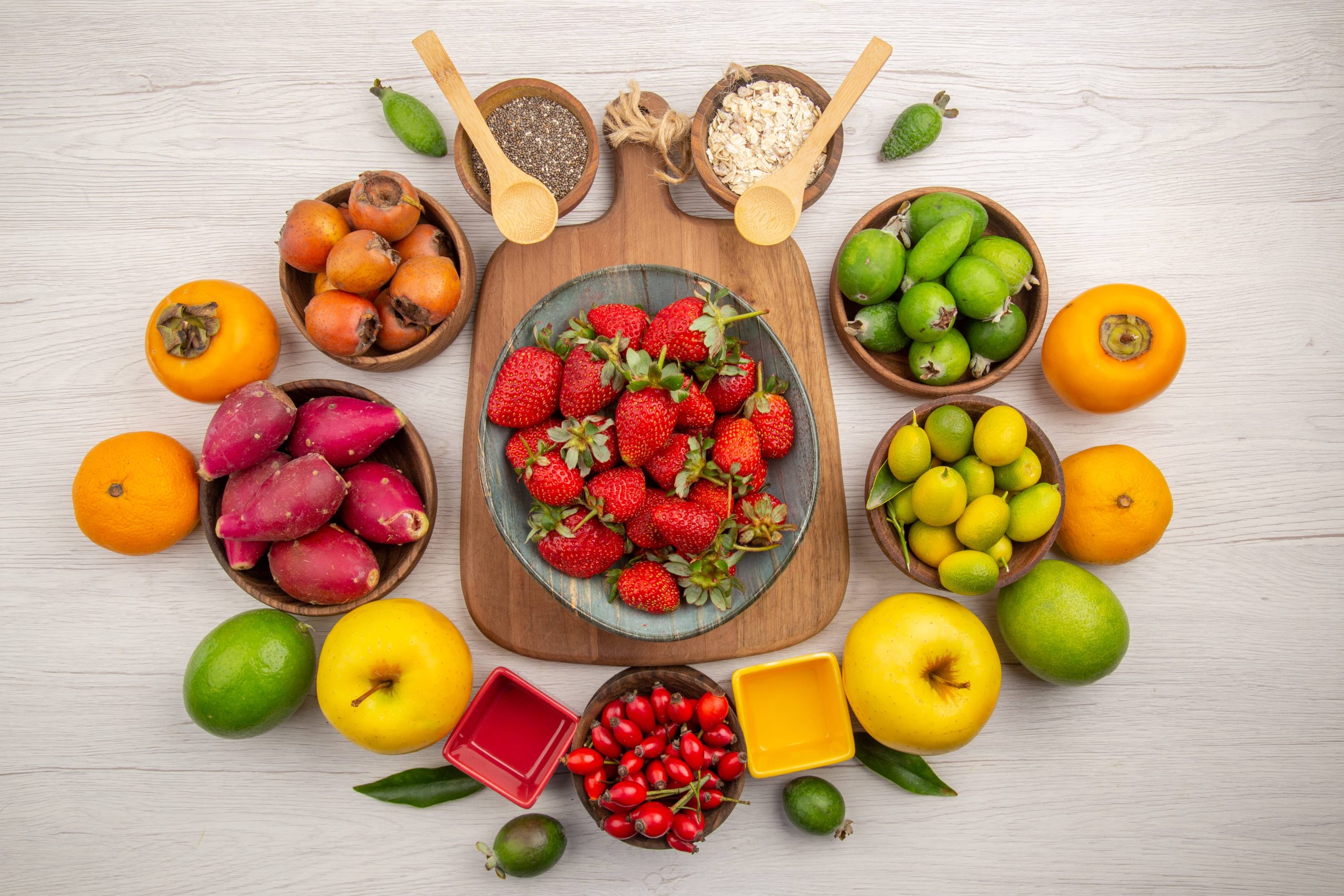
When embarking on a weight loss journey, one of the most crucial elements to consider is your diet. While there are numerous diet plans and strategies available, one nutrient consistently stands out for its effectiveness in aiding weight loss: protein. Incorporating more protein into your diet can not only help you shed those extra pounds but also improve your overall health and well-being. In this blog post, we’ll explore the benefits of protein, how it aids in weight loss, and practical ways to incorporate more of it into your diet.
The Role of Protein in Weight Loss
Protein is an essential macronutrient that plays a vital role in building and repairing tissues, producing enzymes and hormones, and supporting overall bodily functions. When it comes to weight loss, protein offers several unique benefits:
1. Increased Satiety: Protein is known for its ability to keep you feeling full for longer periods. This is because it reduces the levels of the hunger hormone ghrelin while boosting peptide YY, a hormone that makes you feel full. By increasing your protein intake, you can naturally reduce your calorie intake without feeling deprived.
2. Boosted Metabolism: Digesting protein requires more energy than digesting fats or carbohydrates. This is known as the thermic effect of food (TEF). By consuming more protein, you can increase your metabolic rate and burn more calories throughout the day.
3. Preservation of Lean Muscle Mass: When you lose weight, it’s important to ensure that you’re losing fat, not muscle. Protein helps preserve lean muscle mass, which is crucial for maintaining a healthy metabolism and achieving a toned appearance.
4. Improved Body Composition: A diet high in protein can help you lose fat while retaining muscle, leading to a more favorable body composition.
How Much Protein Do You Need?
The amount of protein you need depends on various factors, including your age, gender, activity level, and weight loss goals. However, a general guideline is to aim for 0.8 to 1.2 grams of protein per kilogram of body weight. For those actively trying to lose weight, increasing this to 1.2 to 1.6 grams per kilogram may be beneficial.
Sources of Protein
Incorporating more protein into your diet doesn’t mean you have to eat chicken breast at every meal. There are plenty of delicious and diverse sources of protein to choose from:
– Animal-Based Proteins: These include lean meats like chicken, turkey, and beef, as well as fish, eggs, and dairy products like yogurt and cheese.
– Plant-Based Proteins: For those following a vegetarian or vegan diet, plant-based proteins such as beans, lentils, tofu, tempeh, quinoa, and nuts are excellent options.
– Protein Supplements: Protein powders and bars can be convenient options for those who struggle to meet their protein needs through food alone.
Practical Tips for Increasing Protein Intake
1. Start Your Day with Protein: Breakfast is an excellent opportunity to incorporate protein into your diet. Consider options like Greek yogurt with fruit, eggs, or a protein smoothie.
2. Snack Smart: Choose protein-rich snacks like nuts, cheese, or a hard-boiled egg to keep your energy levels stable throughout the day.
3. Prioritize Protein at Meals: Make protein the star of your meals by building your plate around it. For example, start with a piece of grilled chicken or fish and add vegetables and whole grains as sides.
4. Experiment with New Recipes: Try new recipes that incorporate high-protein ingredients. For instance, make a chickpea salad, lentil soup, or a tofu stir-fry.
5. Use Protein Supplements Wisely: If you’re struggling to meet your protein needs, consider adding a protein shake or bar to your routine. However, it’s important to choose high-quality products with minimal added sugars and artificial ingredients.
Potential Pitfalls to Avoid
While increasing your protein intake can be beneficial for weight loss, it’s important to do so mindfully. Here are a few potential pitfalls to avoid:
– Overconsumption: Consuming too much protein can lead to an excess calorie intake, which may hinder weight loss efforts. It’s important to balance your protein intake with other macronutrients like carbohydrates and fats.
– Ignoring Nutrient Balance: While protein is important, it’s crucial to maintain a balanced diet that includes a variety of nutrients. Ensure you’re also consuming plenty of fruits, vegetables, and whole grains.
– Relying on Processed Protein Sources: Many protein bars and shakes are highly processed and contain added sugars and artificial ingredients. Opt for whole food sources of protein whenever possible.
Conclusion
Incorporating more protein into your weight loss diet can be a game-changer. Not only does it help you feel fuller for longer, but it also boosts your metabolism, preserves lean muscle mass, and improves your overall body composition. By following the tips outlined in this post, you can easily increase your protein intake and set yourself up for success on your weight loss journey. Remember, the key is to find a balance that works for you and to enjoy the process of discovering new and delicious ways to incorporate protein into your diet.

